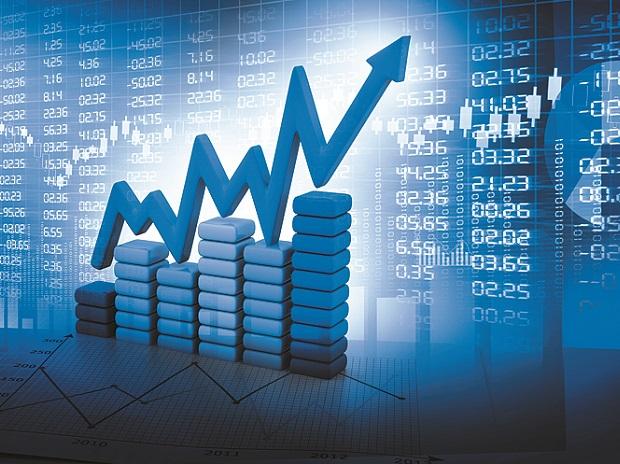According to the recent Economic Outlook Survey published by the Federation of Indian Chambers of Commerce and Industry on Monday, it is anticipated that the economy will expand by 6.3 percent in the financial year 2023-24. Several contributing factors are expected to fuel this growth, including a healthy financial sector, strong urban demand, increased private investment as a result of the government’s front-loading of capital expenditure, a comeback in the real estate sector, and the festive season.
The survey presents an annual median GDP (gross domestic product) growth projection for the year 2023-24 at 6.3 percent, with a minimum and maximum growth estimate of 6.0 percent and 6.6 percent, respectively. This indicates a moderation in GDP growth in 2023-24 compared to the 7.2 percent growth achieved in the year 2022-23.
The survey, conducted in September 2023, gathered input from prominent economists in the industry, banking, and financial services sectors. Additionally, the survey acknowledges ongoing challenges, including geopolitical tensions, a slowdown in China’s economic growth, delayed effects of monetary tightening, and below-average monsoon patterns.
In terms of specific sectors, it is anticipated that growth in agriculture and related activities will reduce to 2.7% in the current fiscal year, down from the 4% growth in FY23. This slowdown is attributed to the influence of El Nino on the distribution of rainfall during the monsoon season. On the other hand, the industry and services sectors are expected to experience growth rates of 5.6% and 7.3%, respectively.
The survey participants expressed the expectation that the Consumer Price Index (CPI) inflation rate would continue to stay above the Reserve Bank of India’s targeted level for the rest of the current financial year. Economists anticipate a reduction in the repo rate, but this is foreseen to occur only towards the end of either the first or second quarter of the subsequent fiscal year, which is 2024-25.
The survey provides an uncertain outlook on inflation, with Consumer Price Index (CPI)-based inflation expected to remain around 5.5% in FY24, ranging from a minimum of 5.3% to a maximum of 5.7%. It highlights that while CPI inflation may have reached a peak, there are nagging upward price risks. Prices of cereals have remained stable, but a reduction in grounds for pulses and oilseeds in kharif crops has been reported. India’s dependency on sunflower oil imports from Ukraine and Russia, combined with uncertainties in weather conditions, could contribute to food price volatility. Additionally, recent increases in crude oil prices may further contribute to inflation.
Regarding investments, the survey acknowledges that the government’s emphasis on capital expenditure has encouraged private investments and supported economic growth. However, it suggests that a full-fledged recovery in investments will require more time, and any further rebound in private investments will depend on increased consumption activity, both domestically and internationally.

